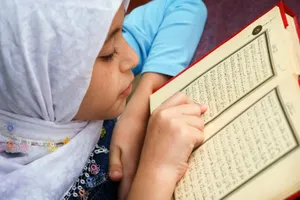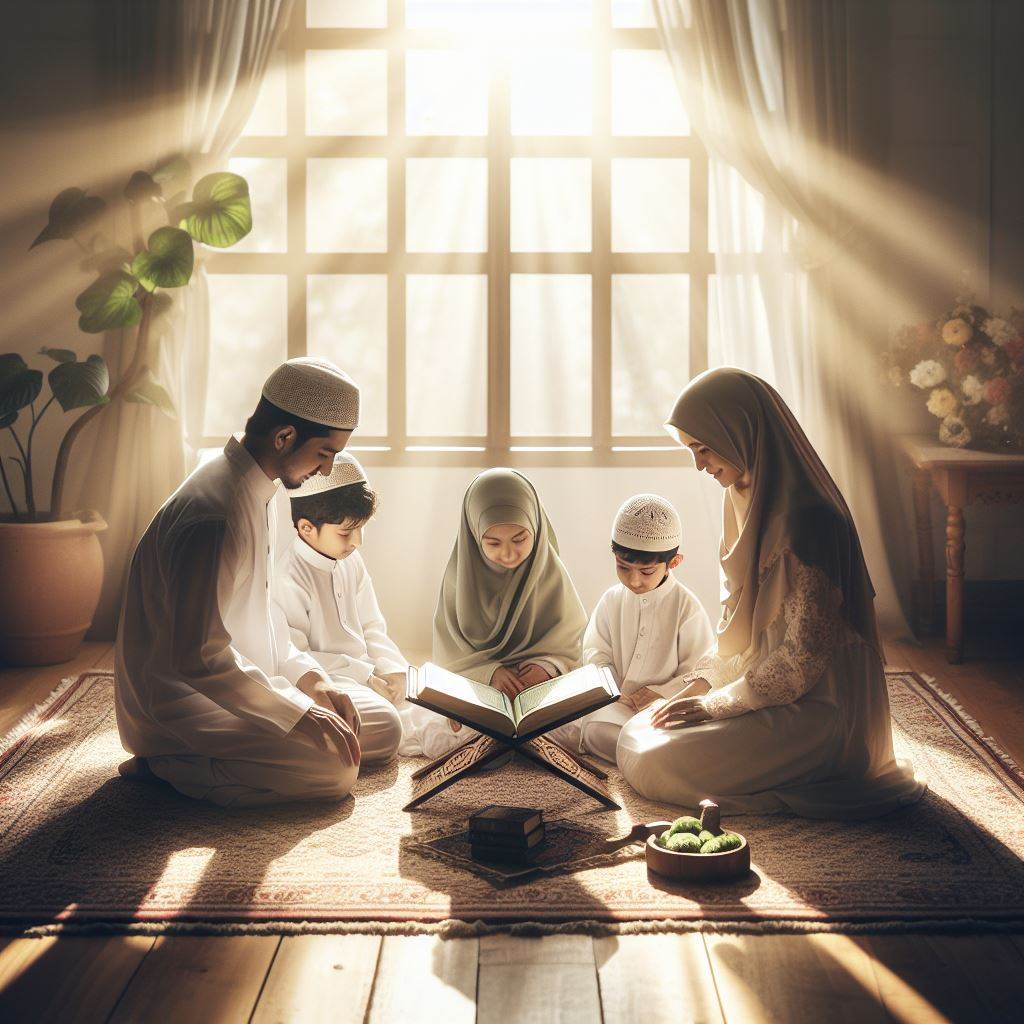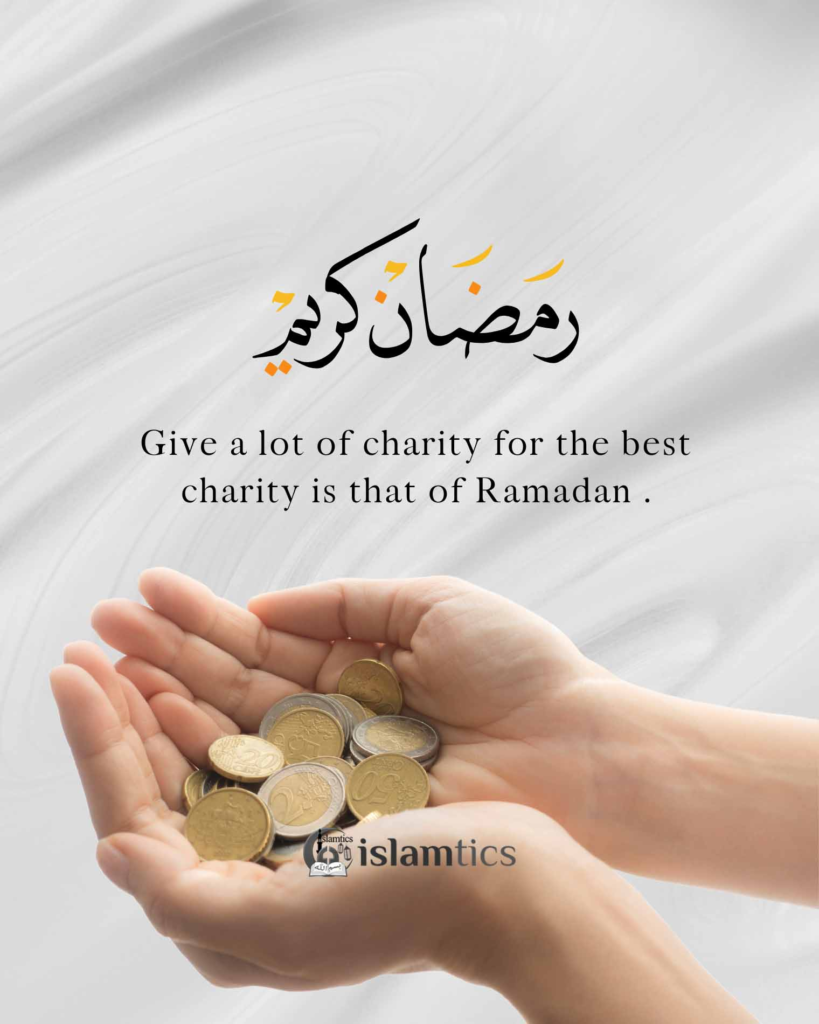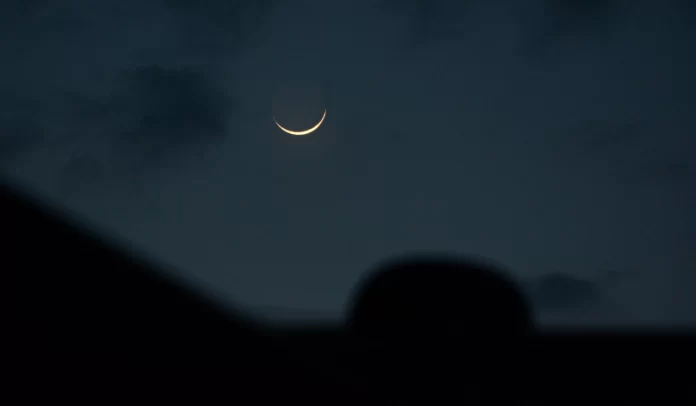The crescent moon, a celestial spectacle that captivates hearts and ignites spirits, holds profound significance in the Muslim world, especially during the holy month of Ramadan. But why is the Ramadan Moon Sighting important to Muslims? What significance lies behind this seemingly simple act of observing the lunar cycle? Let’s delve into the depths of tradition, spirituality, and community to unravel the essence of this cherished practice.
Embracing Tradition

In the tapestry of Islamic tradition, the Ramadan Moon Sighting stands as a timeless thread, weaving together generations in a shared experience of reverence and anticipation. But what exactly does this tradition entail?
The Search for the Crescent
As the month of Sha’ban draws to a close, Muslims around the world eagerly turn their gaze skyward in search of the slender crescent moon. This moment marks the beginning of Ramadan, the holiest month in the Islamic calendar.
Communal Gatherings
Gathered on rooftops, hillsides, and open fields, communities unite in a collective endeavor to spot the elusive crescent. Families, friends, and neighbors join hands, casting aside worldly distractions to immerse themselves in the spiritual quest.
Witnessing the Divine Sign
When the first glimmer of the crescent emerges on the horizon, hearts swell with joy and gratitude. It’s not merely the sighting of a celestial body but a reaffirmation of faith, a sign from the Divine guiding believers on their sacred journey.
Spiritual Significance

Beyond the celestial spectacle lies a deeper, spiritual significance embedded in the Ramadan Moon Sighting. How does this ancient practice nourish the soul and deepen the bond with the Divine?
Renewal of Faith
For Muslims, Ramadan represents a period of spiritual renewal and introspection. The act of observing the moon’s cycle symbolizes a fresh start, a chance to cleanse the heart and renew one’s commitment to Allah.
Heightened Awareness
As the crescent moon waxes and wanes, Muslims are reminded of the transient nature of life. Each phase of the lunar cycle serves as a poignant reminder to seize the moment, to cherish the blessings bestowed upon them.
Connection with Creation
In the quietude of the night, amidst the glow of the moon, believers feel a profound connection with the Creator and His creation. The Ramadan Moon Sighting serves as a gentle reminder of the beauty and majesty inherent in the natural world.
Community Cohesion
Beyond its spiritual dimensions, the Ramadan Moon Sighting fosters a sense of unity and solidarity within the Muslim community. How does this ancient tradition strengthen the bonds of brotherhood and sisterhood?
Shared Experience
In a world often marked by division and discord, the Ramadan Moon Sighting serves as a unifying force, bringing people together across geographical and cultural divides. Regardless of nationality or background, Muslims worldwide share in the anticipation and joy of witnessing the crescent moon.
Generational Continuity
Passed down from one generation to the next, the tradition of moon sighting embodies the timeless continuity of Islamic heritage. Children learn from their elders, absorbing not only the practical aspects of the ritual but also the values of patience, perseverance, and community.
Acts of Charity

As families come together to celebrate the beginning of Ramadan, the spirit of generosity permeates the atmosphere. From sharing meals with neighbors to providing for those less fortunate, the Ramadan Moon Sighting inspires acts of charity and compassion.
FAQs
- What if the crescent moon is not sighted?
If the crescent moon is not sighted on the 29th day of Sha’ban, Ramadan begins the following day. This decision is based on the teachings of the Prophet Muhammad and the consensus of Islamic scholars. - Are there variations in moon sighting practices?
Yes, there are variations in moon sighting practices among different Muslim communities. Some rely on local sightings, while others follow global calculations. The diversity of approaches reflects the richness and complexity of Islamic tradition. - Why is the lunar calendar significant in Islam?
The Islamic calendar, based on the lunar cycle, holds deep religious significance as it determines the timing of religious observances, including Ramadan, Eid al-Fitr, and Hajj.
Conclusion
In a world brimming with distractions and uncertainties, the Ramadan Moon Sighting offers Muslims a beacon of hope, a reminder of their connection to the Divine and to one another. Through the timeless rituals of observation and reflection, believers reaffirm their faith, strengthen community bonds, and embrace the sacred journey of Ramadan. So, why is the Ramadan Moon Sighting important to Muslims? It’s not merely about spotting a celestial spectacle but about embracing tradition, nurturing the spirit, and fostering unity in the hearts of believers worldwide.


